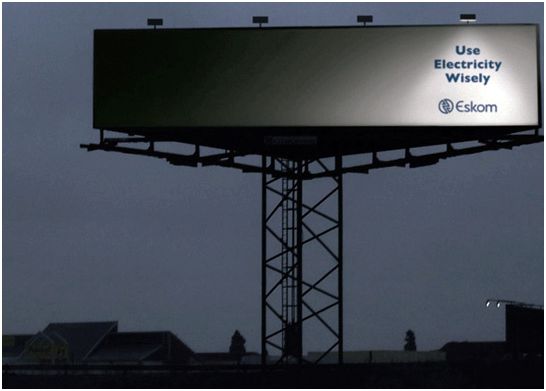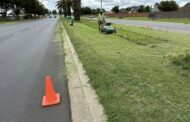
Eskom’s safety remains a grave concern particularly deaths due to vehicle accidents.
In total, six employee, 18 contractor and 43 public fatalities were reported in its latest financial year.
While safety remains a negative issue, Eskom on Monday indicated that it is well on the way to financial sustainability after it sustained a loss of R9.7 billion in its 2009 financial year.
The power utility hopes to improve service delivery through reinvesting all of its surplus, according to the Minister of Public Enterprises, Malusi Gigaba. The increase in the surplus from R3.6 billion last year to R8.4 billion is mainly as a result of increased power prices.
The Eskom chief executive, Brian Dames, said: “Since the year 2008 we have not experienced load shedding but rather fault outages. We working on reducing them.”
There has been no load shedding since April 2008, despite an extremely tightly balanced energy system. Recent power outages are due to cable theft and illegal connections mostly in townships.
“The winter season is challenging but Eskom is actively working to improve supply and reduce demand to manage increased risk to the system. Eskom is resolved to keeping the lights on, but our resolve will be tested and we cannot do it alone,” he added.
Highlights of the financial year included that 79% of new build contracts placed during the financial year were with local contractors, that Eskom’s pipeline of learners stands at nearly 5 300 and that it is expanding the amount of training done with a focus on the youth.
A further bright spot was that Eskom spent more than R4 billion on broad based economic empowerment (BBEE). Eskom also announced that four million households had been electrified since the early 1990s.
The power utility indicated that if energy usage is decreased by 10% across the board then 22 million tons of carbon dioxide emissions would be reduced.
Eskom’s water utilisation across all of its power stations is within budget.
Dames emphasised that the role Eskom plays in enabling all South Africans to take part in the development of the country. It already awards more than 50% of its total expenditure to BBEE compliant suppliers.
“Eskom is one of the largest employers and buyers in the country. The new build programme sources more than 50% of all content locally and recruits the majority of workers from local communities,” said Dames. – Keabetsoe Matshediso and Cory Smit
[Story appeared on Iol.co.za]























